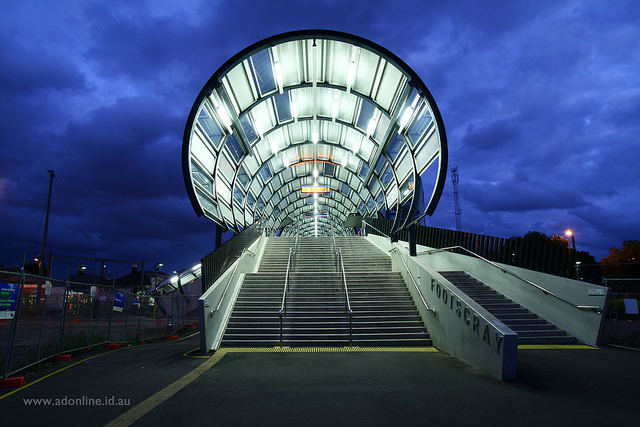Google Images is not a free-for-all
Taking images from other websites may be very tempting, but it’s little more than theft.
We’ve all been in that situation when we’ve needed to quickly obtain a photograph to fill a gap in a report, decorate a PowerPoint slide or illustrate an article on a website. The internet has a plethora of digital images available and it’s rare these days for a person to fail in their quest to locate the sort of image that they’re looking for. One of the best free tools to facilitate this tasks is Google Images, although there are numerous others. Within seconds, a person can type a search term and the website will return an extensive list of images.
The problem with services such as Google Images is that they fail to take copyright into proper consideration and treat all internet resources as one big free-for-all, which they are not.
Does copyright really matter?
The best way to understand copyright (and rights management in general) is to consider what is actually required to take that coveted photograph. Good photography takes time and costs money.
Sometimes it’s risky too.
The night I took a series of photographs of Footscray railway station, I was threatened by a group of inebriated drug addicts before the police suddenly arrived and arrested them all. I was heckled by drunk strangers the nights I photographed the Caroline Springs Library and the Bell Street Mall sign. Five security guards escorted me off the premises the day I took this innocuous photograph of shopping centre architecture and I had to fight for the right to use my camera at the Melbourne Recital Centre during its open day.

Whilst every keen photographer has stories such as these, more typically photos simply take a long time to set-up. Night photos are especially time-consuming because there’s limited light to work with and the light that remains must be ‘just right’ in order to create that beautiful image. In addition, cameras and their associated equipment cost thousands of dollars with insurance on top. Why then, should someone else take that photograph and profit from its use without having to endure any of the associated costs?
In my mind, copyright is as much about compensation as attribution. Respecting a photographer’s copyright is about respecting the person who created those images and the effort that they put into them. It is an acknowledgement that their photos have value.
Like most photographers, I am willing to sell licences for most of my images. Large commercial stock photography companies such as Getty also sell licences for a wide range of images, where the fee is split between the company and the artist. Many more people will maintain their copyright but let others use their images for free, as long as they ask.
It’s not difficult to do the right thing.
“But I really don’t want to pay”
There are options for those persisting with the notion that photos should be available for free. The good news is that a massive range of photos is available for free under Creative Commons (CC) licences. Typically, the only condition of use for CC images is that the work is attributed, although some have a ‘no commercial use’ condition attached.
If a CC image is required, the following services offer CC image searches:
As always, it’s best to check before using images. Website footers typically contain copyright or other licensing information so this typically isn’t too difficult.
Consequences
Copyright is law and a person has the legal right to take action against anyone who uses an image in an unauthorised manner. It doesn’t matter whether the individual works for government, the private sector or non-profit sector.
I’ve had many government, educational and non-profit sector employees steal images on the pretext that their organisations are “non-profit” and ipso facto the use is “non-commercial”. In fact, whether the use is commercial or not is immaterial to any discussion about whether copyright has been breached. The problem is use without permission, not the nature of that use.
Likewise, having people take images and simply append “Photo by Adam Dimech” beneath it does not exonerate the individual. Whilst the photo is acknowledged in that case, permission has still not been sought.
Be Nice
In the end, all of this comes down to being a decent and respectful person. Stealing isn’t nice. The images on the internet aren’t (all) free.
Comments
No comments have yet been submitted. Be the first!